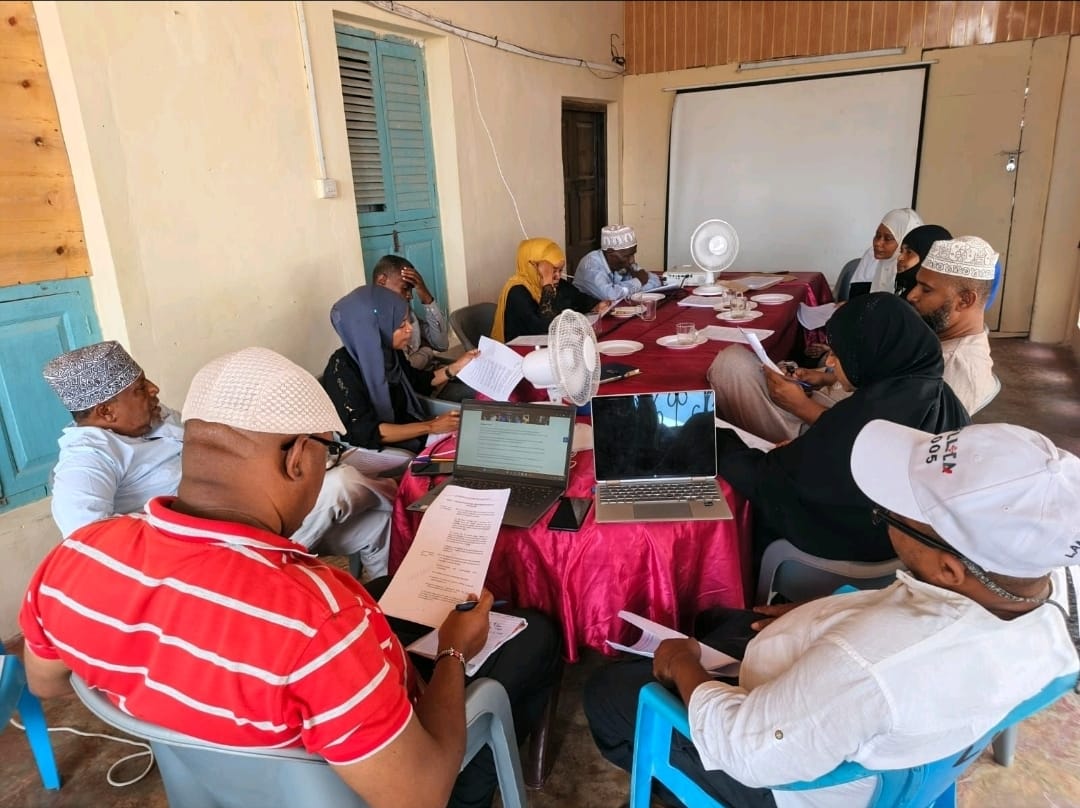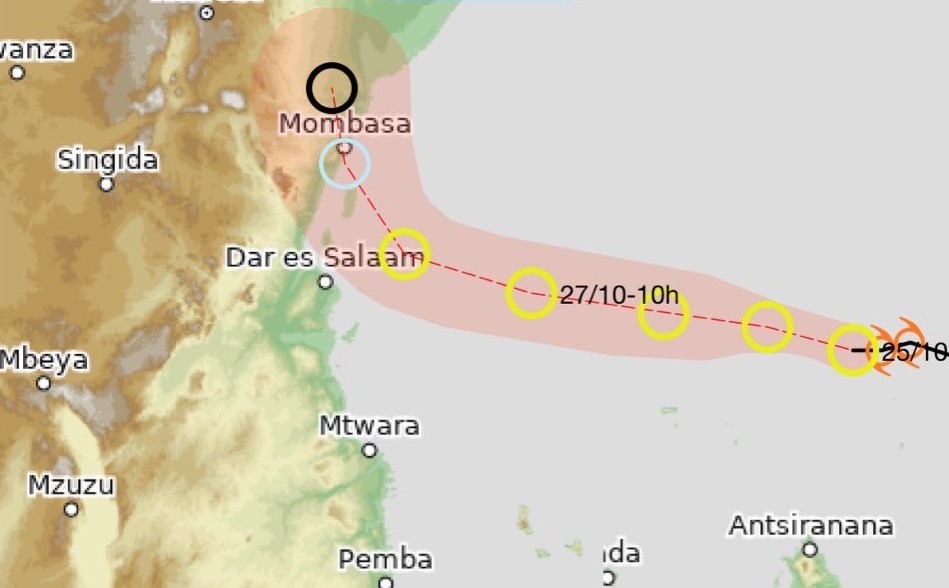Germany to welcome 250,000 Kenyan workers in landmark deal

Kenya faces the challenge of providing ample employment and income opportunities for its young professionals, while Germany is struggling with a critical shortage of skilled workers.
Germany has announced a major labour migration agreement with Kenya, set to welcome 250,000 Kenyan workers to address its skilled labour shortage
Finalised on Friday in Berlin, this deal aims to open new opportunities for Kenyan professionals and students in Germany.
More To Read
- Kenya appoints Severine Luyali as new Chief of Protocol
- Court told President Ruto not complainant in X post case against David Mokaya
- President Ruto outlines four Raila-inspired pillars to drive Kenya’s growth
- Raila Odinga’s life offers five key lessons to guide Kenya’s future - President Ruto
- Raila was a political engineer, and I was his student- Ruto
- Ruto: I reached out to Raila after 2022 elections to right historical injustices
Kenya faces the challenge of providing ample employment and income opportunities for its young professionals, while Germany is struggling with a critical shortage of skilled workers, particularly in Information Technology (IT) and healthcare.
The agreement, signed by President William Ruto and German Chancellor Olaf Scholz, is set to transform prospects for many Kenyans.
According to a statement from Kenya's State Department of Diaspora, the partnership will focus on creating jobs, especially in the digital sector, and promote technology transfer.
This collaboration aims to enhance global employment opportunities, build economic partnerships, and support capacity-building initiatives.
During the signing ceremony in Berlin, President Ruto and Prime Cabinet Secretary Musalia Mudavadi witnessed the formalisation of the agreement.
 President William Ruto and German Chancellor Olaf Scholz. (PCS)
President William Ruto and German Chancellor Olaf Scholz. (PCS)
The MoU outlines a framework for cooperation that includes exchanging digital skills, promoting good labour practices, and supporting job creation and infrastructure related to digital jobs.
One notable aspect of the deal as explained by the Government is Germany's decision to waive the job market test, a previous requirement that hindered the hiring of foreign workers.
This change is expected to streamline the migration process for Kenyans seeking employment or educational opportunities in Germany.
For Kenyans, this agreement offers valuable chances to access well-paying jobs and gain international experience.
It includes provisions for long-term visas for students, skilled workers, and apprentices, with possibilities for extending temporary residence permits.
Kenya and Germany have officially signed the Labour Mobility Partnership Agreement at The Chancellery, Berlin, in a ceremony presided over by President @WilliamsRuto and German Chancellor Olaf Scholz @Bundeskanzler. This landmark deal paves way for cooperation in labour mobility,… pic.twitter.com/sDDBaAj9Dp
— Hussein Mohamed, MBS. (@HusseinMohamedg) September 13, 2024
This flexibility is seen as a major advantage for those pursuing higher education or vocational training in Germany.
Other Topics To Read
The new agreement also addresses Germany's need for tech professionals by allowing individuals with relevant expertise to bypass traditional qualification barriers.
This approach will enable Kenyans with practical skills to contribute directly to Germany's economy.
Additionally, the deal promises more efficient visa processing for Kenyan students and workers and offers a two-year extension on temporary residence permits for Kenyans already employed in Germany.
Vocational training, a key element of Germany's education system, is included in the agreement, allowing Kenyans to obtain residence permits for training and transition into employment upon completion of their programmes.
The agreement will take effect once both governments finalise their internal procedures. Chancellor Scholz praised Kenya's well-trained young population, noting that the deal will provide them with valuable opportunities in Germany's growing industries.
"Kenya has a very well-trained young population with many professional qualifications, and this young population is looking for opportunities to use this potential," he said.
This new arrangement addresses Germany's labour deficit while offering Kenyans a gateway to international experience and career advancement.
Both governments are committed to ensuring a smooth process for Kenyan workers and students, enhancing job prospects and providing new avenues for success.
As the deal progresses, it is expected to have a significant impact on both nations, fostering stronger economic ties and offering exciting opportunities for Kenya's talented workforce.
Top Stories Today












































